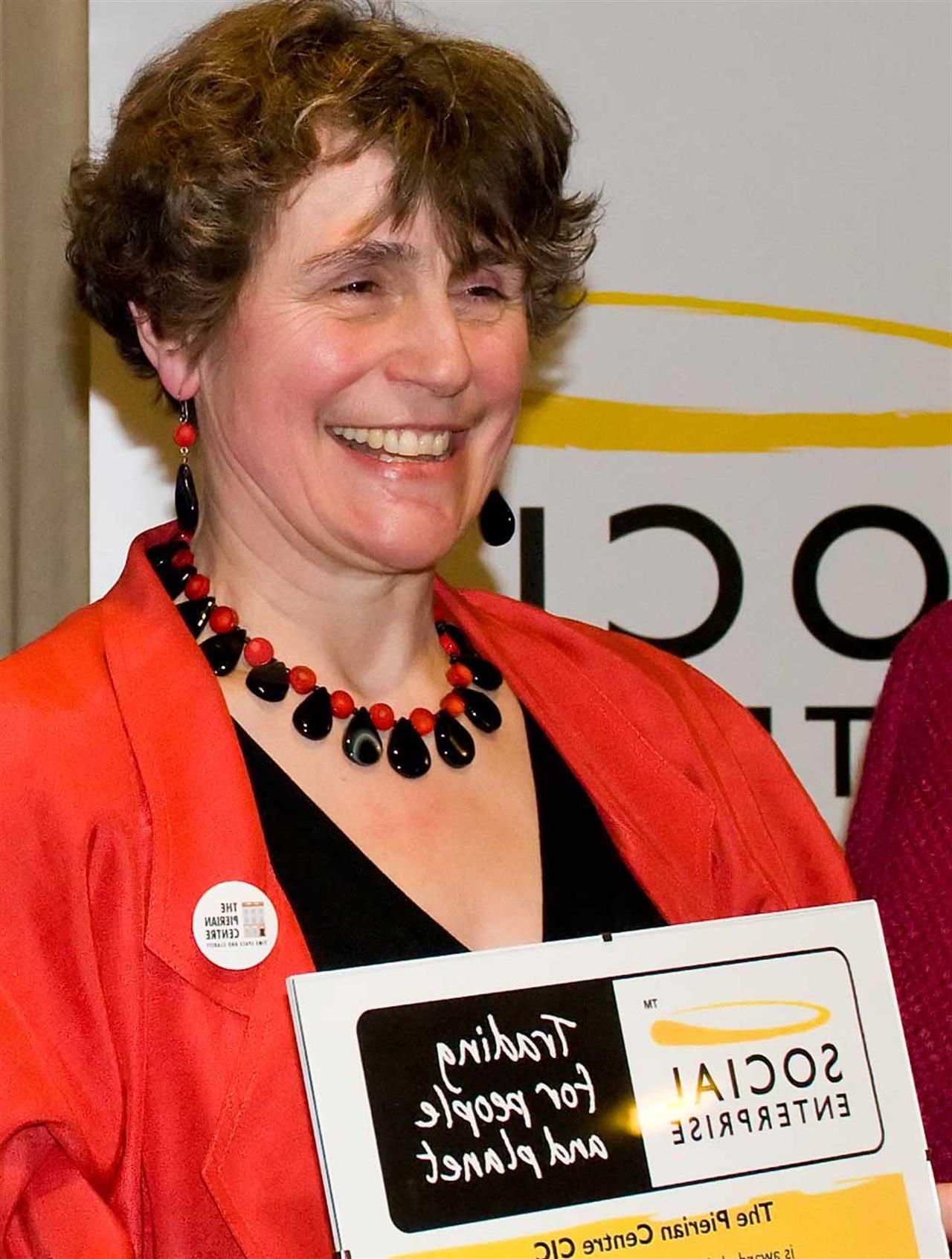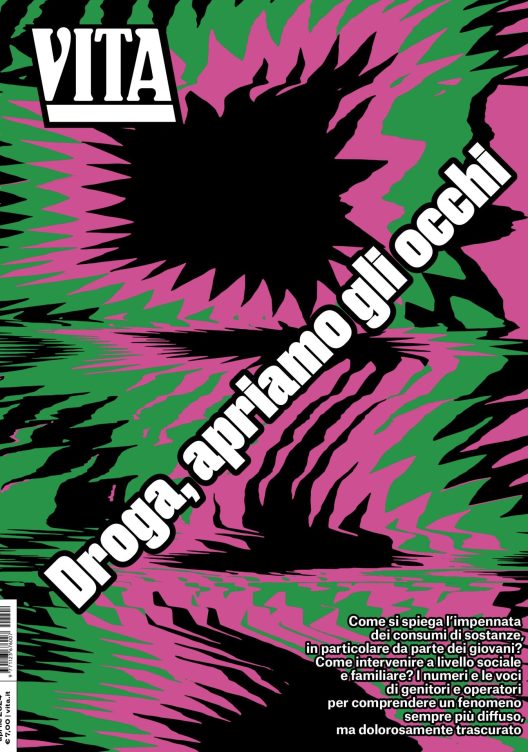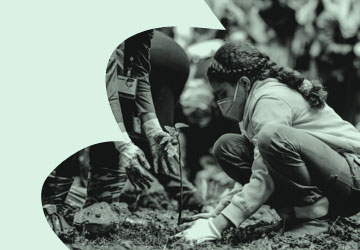Attivismo civico & Terzo settore
June Burrough: Founder of the Pierian Centre
Passion, hard work and a touch of stubbornness.

Three vital ingredients to June Burrough’s success as founder of one of the first social enterprises to be awarded the Social Enterprise Mark, a quality mark for enterprises that bring about positive social and environmental change. But is that really all it takes?
As the Pierian Centre in Bristol, a community interest company that focuses on arts, community building, self development and celebration, finally celebrated receiving its Mark in February, June Burrough – who before turning to social enterprise worked as a stage manager, a management consultant, a career change coach, a life mentor and a facilitator for strategic business planning – reveals that the road to success is rocky but that amid the challenges she always knew that: “All I wanted to do with my life is stay with the Pierian Centre, make it work and leave a legacy to the community I love”.
How do you describe the Pirean centre to those that don’t know it?
In simple terms, as a social enterprise that has six arms: four of which bring in an income stream and two of which are our core business, which as a CIC is to serve the wider community of Bristol by reaching out to communities and bringing them together, crossing bridges and getting people to communicate with each other. To do this we use the centre as a conference facility for meetings, weddings, celebrations, education and learning workshops, diploma courses and for health and wellbeing courses. This helps to fund our arts and cultural programme and our community events.
You have recently been awarded the Social Enterprise Mark. What does this mean and why were you awarded it?
It’s a quality mark. One of the criteria is that as a social enterprise you have to be able to prove that your intention is to make positive social or environmental impact and that everything that you ever have “left over” will go in to creating positive social or environmental impact. And in order to be considered as an enterprise, as opposed to a totally funded body, at least 50% of your income has to come from trading. The Pierian Centre trades a lot by renting rooms out, having film nights which we charge on the door for and various events which bring money in. We do get some funding for specific events or art exhibitions, sponsorships and donations but at the end of the year it adds up to about a third of our turnover. The rest is earned income which pays for the building, the staffing and all the other things that we do.
What will the Mark change for you?
It will have a huge impact. I think that quality marks are incredibly important. This one is a very new one as there are currently only 21 enterprises that have one and they are all in the South West of England, as it is being piloted here. So it is not yet as familiar as the fair trade mark or organic agriculture mark. But the idea is that it will become a common language to say this is a social enterprise and it is doing good quality work.
Do you feel part of a social enterprise movement?
Yes I do, although I am always a bit worried about movements! But I think there is a growing awareness of a different way to do business, different from some of the traditional, capitalist business models that people are realising are not really working. I don’t think that social enterprises are one hundred percent of the answer, but I do think that some of the philosophies that underpin social enterprise are – in other words that it is essential to make a positive difference and not just money. Which is what the movement is saying: money is important, but it is a vehicle through which we achieve our social and environmental objectives. Unlike in some csr practices, these are not just an add on but the real goals of our work.
As a founder of a successful social enterprise, what challenges have you had to face?
I think the biggest challenge for me was to overcome my self doubt. There were many days in which I had to put on a brave face to the world while I thought: I’m never going to manage this! But I think that self doubt is very healthy and I also think things will get a lot easier now that we are a CIC and our reputation is growing.
How did you become interested in the idea of social enterprise?
I’m not sure if I grew into it or if it grew into me, but I created a social enterprise without really realising it. I have always thought of the business world as an integral part of the community and as the Pierean centre grew it became more and more involved in the community and I realised that this was really what we were about: bringing people together who would not normally meet. It was when we started to become very focused on this, about 3 years ago, that we actually became a social enterprise.
What skills does a social entrepreneur have to have?
A capacity to take risk. A capacity to create opportunity innovatively when things get challenging. A passion for what you are doing, and a real capability for building truly collaborative, solid relationships.
Find out more:
www.socialenterprisemark.co.uk

